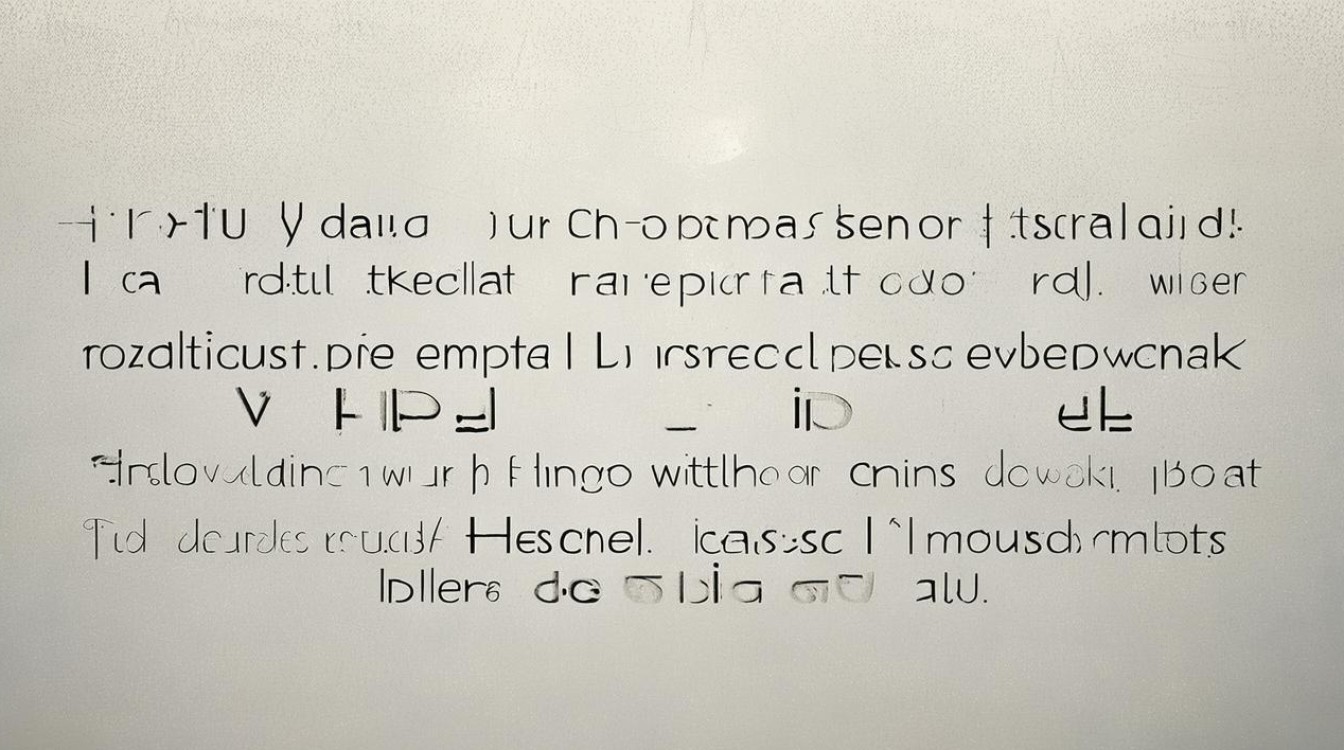英语中有许多看似简单的词汇组合,却在日常交流中频繁出现,这些词组往往因为太过常见而被学习者忽视,导致实际运用时出现理解偏差或表达不自然,掌握这些组合不仅能提升语言流畅度,还能让表达更地道。

高频动词短语
Take care of
这个短语含义广泛,既可表示“照顾”,也能指“处理”或“负责”。
- She takes care of her younger brother after school.(她放学后照顾弟弟。)
- I’ll take care of the paperwork.(我会处理文件工作。)
Go through
根据上下文,它可以表达“经历”“检查”或“通过”。
- He went through a difficult time last year.(他去年经历了一段艰难时期。)
- Please go through the report before the meeting.(请在会议前检查报告。)
Come up with
意为“想出”或“提出”,常用于创意或解决方案的场景:
- We need to come up with a new marketing strategy.(我们需要提出一个新的营销策略。)
常见形容词搭配
Aware of
表示“意识到”,强调对某事的认知:

- Are you aware of the new policy changes?(你知道新政策变动吗?)
Responsible for
指“对……负责”,明确责任归属:
- The manager is responsible for the team’s performance.(经理对团队表现负责。)
Familiar with
意为“熟悉”,用于描述对某事物的了解程度:
- Is everyone familiar with the software?(大家都熟悉这个软件吗?)
实用介词短语
In charge of
与“responsible for”类似,但更侧重管理职责:
- She is in charge of the project timeline.(她负责项目时间表。)
On behalf of
代表某人或某组织时使用:

- He spoke on behalf of the committee.(他代表委员会发言。)
In terms of
用于从特定角度讨论问题:
- In terms of cost, this option is better.(就成本而言,这个选择更优。)
容易混淆的词组对比
Look for vs. Look after
- Look for 是“寻找”:I’m looking for my keys.(我在找钥匙。)
- Look after 是“照顾”:Can you look after my dog?(你能照看我的狗吗?)
Run out of vs. Run into
- Run out of 表示“用完”:We ran out of milk.(我们没牛奶了。)
- Run into 指“偶遇”或“遇到问题”:I ran into an old friend.(我偶遇了一位老友。)
提升表达的自然度
许多英语母语者会使用固定搭配让句子更流畅。

- “Make sense”(有意义):Does this explanation make sense?(这个解释清楚吗?)
- “Get rid of”(摆脱):We need to get rid of these old files.(我们需要清理这些旧文件。)
文化差异下的使用习惯
某些词组在英式与美式英语中存在差异:
- “Queue up” (英) vs. “Line up” (美):均表示排队。
- “Have a bath” (英) vs. “Take a bath” (美):均指洗澡。
实践建议
- 阅读真实材料:新闻、博客或小说能帮助观察这些词组的实际用法。
- 主动造句:尝试用新学到的词组写句子或段落。
- 听力训练:播客或影视剧对话能强化对词组的听觉记忆。
语言学习是一个积累的过程,这些看似平常的词组恰恰是沟通的基石,多听多用,自然会形成更地道的表达习惯。

